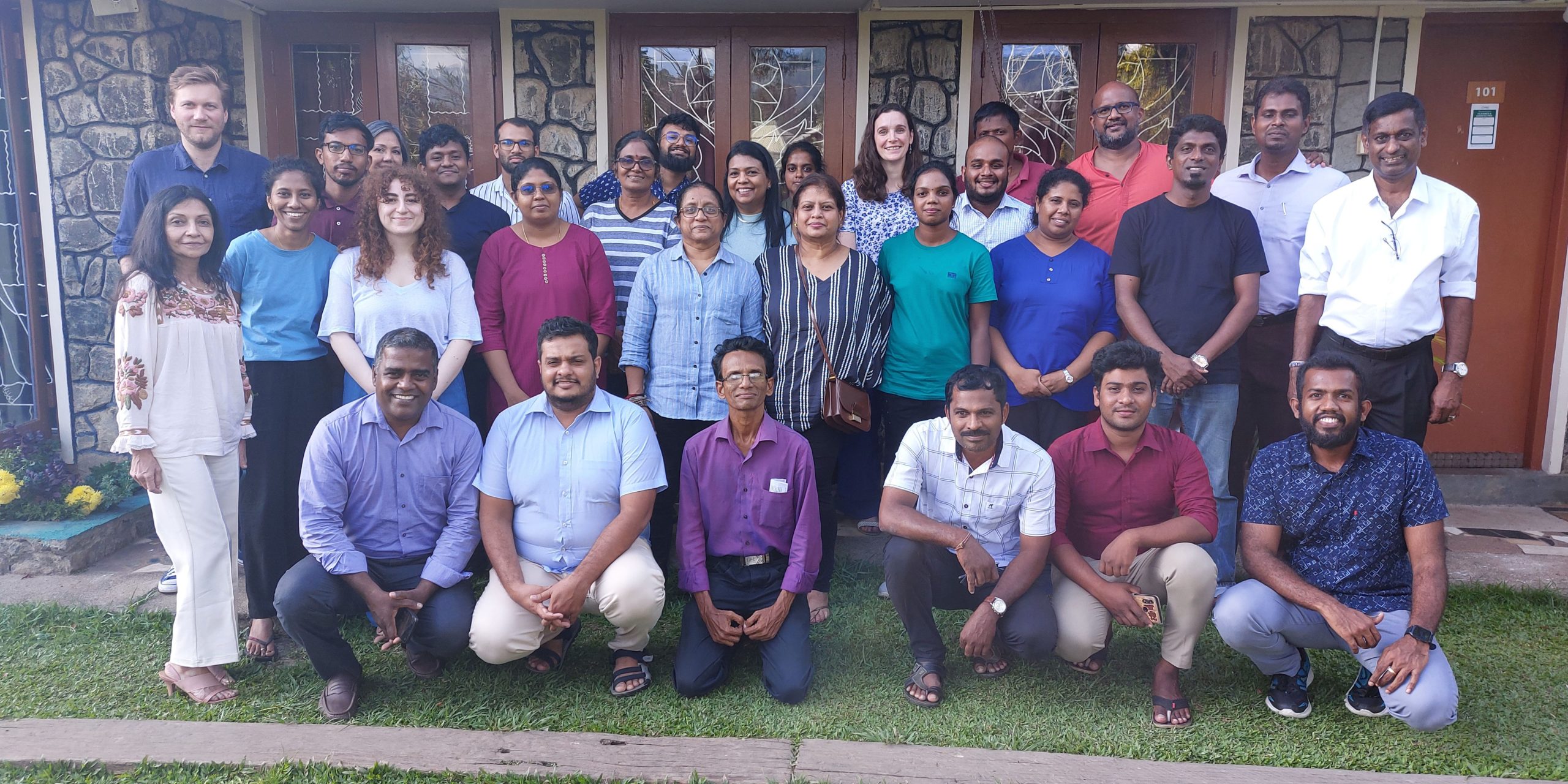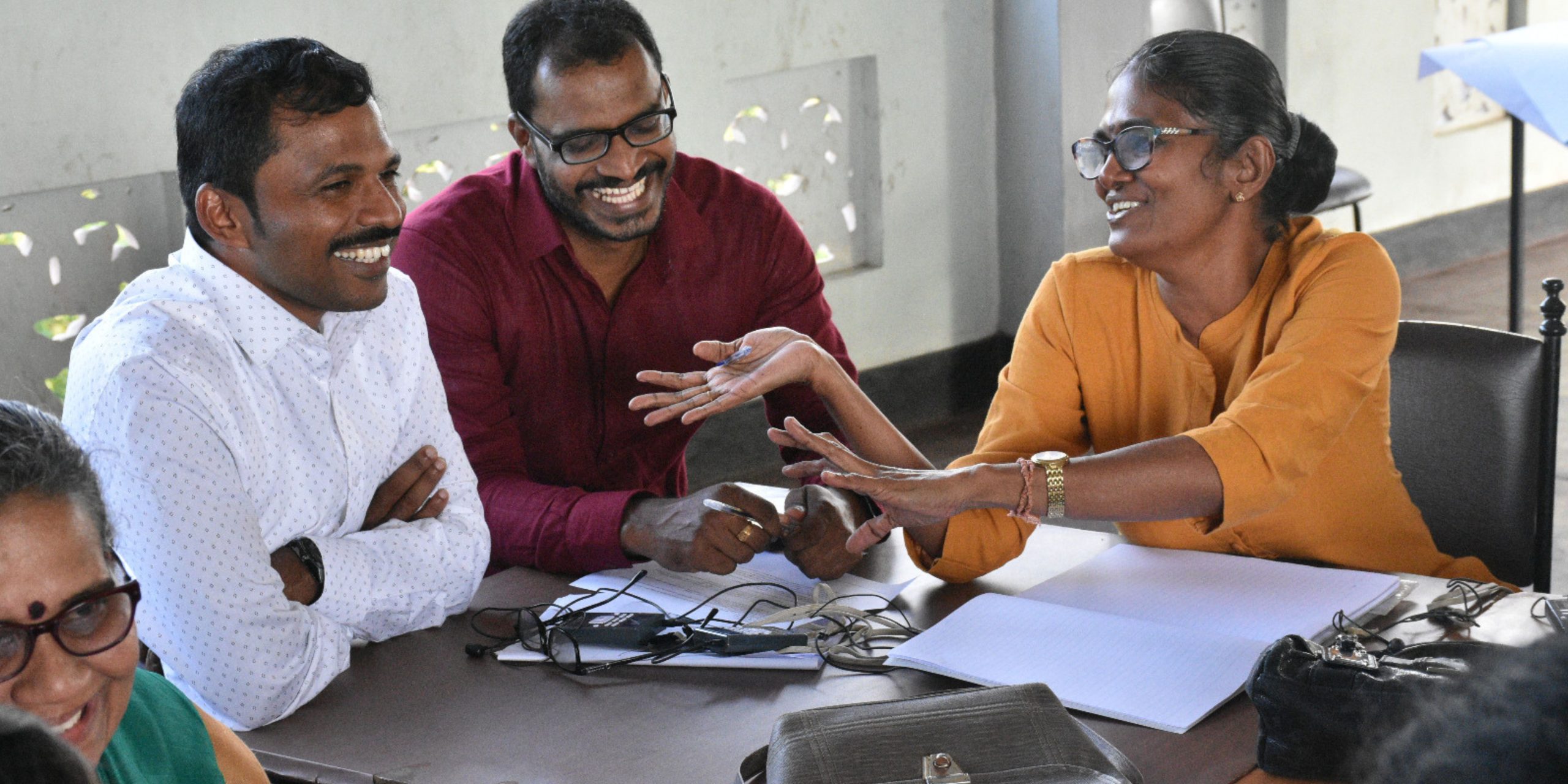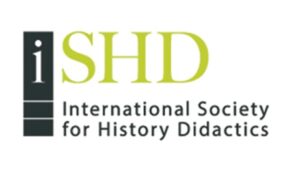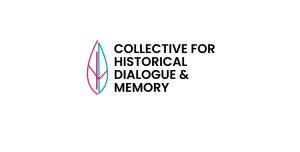About the project
Histories that Connect – Sri Lanka started as a pilot initiative in 2020 by the Strengthening Reconciliation Processes (SRP) program of the Deutsche Gesellschaft für Internationale Zusammenarbeit (GIZ) GmbH and was done in collaboration with the International Society for History Didactics. The pilot was expanded and continued as a project, Histories that Connect – Sri Lanka II. The project duration is July 2022 to June 2025.
Histories that Connect – Sri Lanka II is supported by the program Strengthening Social Cohesion and Peace (SCOPE) of GIZ and co-financed by the European Union and German Federal Foreign Office. It is implemented by GIZ in partnership with the Ministry of Justice of the Democratic Socialist Republic of Sri Lanka.
EuroClio is managing the project in collaboration with SCOPE and the Colombo-based Collective for Historical Dialogue and Memory. The primary objective of the project is to contribute to social cohesion in Sri Lanka through the promotion of history teaching and learning that is suited to the needs of pluralistic societies.
Background
Dealing with Sri Lanka’s post-independence history is grossly underrepresented in the country’s school curricula. By the time Sri Lankans leave school, many of them are more familiar with the myths and legends from the pre-colonial era than with the country’s history since its independence in 1948. Knowledge of contemporary history, including the causes and effects of the various violent conflicts, largely stems from the media and from stories told in families or on social networks. Unfortunately, the narratives emerging here are often one-sided and strongly influenced by ethno-linguistic and religious perceptions of history. Faced with continuous tensions along ethnic and religious lines even a decade after the end of the civil war, finding constructive ways of learning about history, dealing with the past, honing critical thinking skills and addressing root causes of conflict is crucial to reconciliation and sustainable peace in the country as well as to becoming responsible citizens of the country.
The project targets history educators from all regions of Sri Lanka with different cultural and professional backgrounds – history teachers working in schools, but also educational staff working at cultural heritage institutes, such as archives and museums, historians and researchers. It also aims to deepen young people’s understanding of their history and to enhance their critical thinking skills.
Project Aims
The primary objective of the project is to contribute to social cohesion in Sri Lanka through the promotion of history teaching and learning that is suited to the needs of pluralistic societies.
- Producing conflict-sensitive didactic materials for history teachers in schools and universities;
- Introducing history educators in schools and universities to the methods and materials and providing guidance on how to effectively use them in teaching;
- Exposing more Sri Lankans to didactic materials that deal with Sri Lanka’s recent history since its independence in 1948;
- Developing student’s critical thinking skills in learning about the past and creating a love for learning history;
- Facilitating exchange between experts in history education who are living and working in Sri Lanka and Europe.
Expected Outcomes
- The fostering of a network of history teachers/educators from all areas of Sri Lanka, who are confident and interested in improving the conditions for history learning in Sri Lanka – including by developing new didactic materials;
- Strengthening of the professional capacity of both project team and Sri Lankan educators involved in the joint development of educational materials, through peer-learning and exchange between educators from varied backgrounds in Sri Lanka and EuroClio’s international network.
Acknowledgement
Histories that Connects – Sri Lanka is supported by the program Strengthening Social Cohesion and Peace (SCOPE) co-financed by the European Union and German Federal Foreign Office. It is implemented by The Deutsche Gesellschaft für Internationale Zusammenarbeit (GIZ) GmbH in partnership with the Ministry of Justice of the Democratic Socialist Republic of Sri Lanka.
The project is done in collaboration with the Collective for Historical Memory and Dialogue (see their website historicaldialogue.lk for more information on their work). The project benefits from the support of the International Society for History Didactics.
History teacher seminar in Sri Lanka
In partnership with the Colombo-based Collective for Historical Dialogue [...]
Seminar on historical thinking concepts in Sri Lanka
In partnership with the Colombo-based Collective for Historical Dialogue and [...]
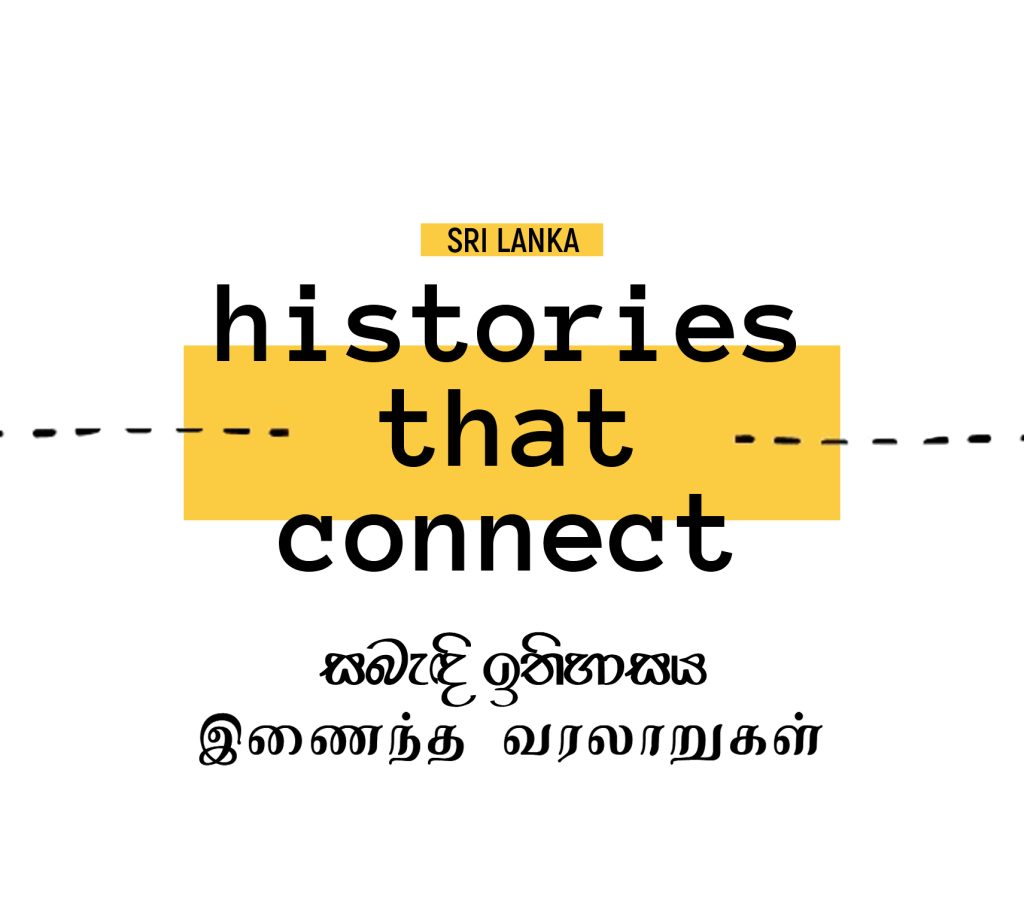
Team Members
Coordinators and key contributors:
- Andreas Holtberget (EuroClio)
- Eugenie Khatschatrian (EuroClio)
- Nilshan Fonseka (SCOPE)
- Jannike Riesch (SCOPE)
- Dharshika Kadirvel (SCOPE)
- Johann Peiris (CHDM)
- Ashfaque Mohamed (CHDM)
- Buddisha Weerasuriya (EuroClio / CHDM & University of Peradeniya)
Facilitators
- Susanne Popp (ISHD & University of Augsburg)
- Elise Storck (EuroClio Ambassador & University of Leiden)
- Meena Malhotra (Seagull Foundation, Kolkata)
- Bridget Martin (Intl School of Paris)
- Bojana Dujković-Blagojević (EuroClio Ambassador, Banja Luka)
- Velusamy Weerasingham
Partners


